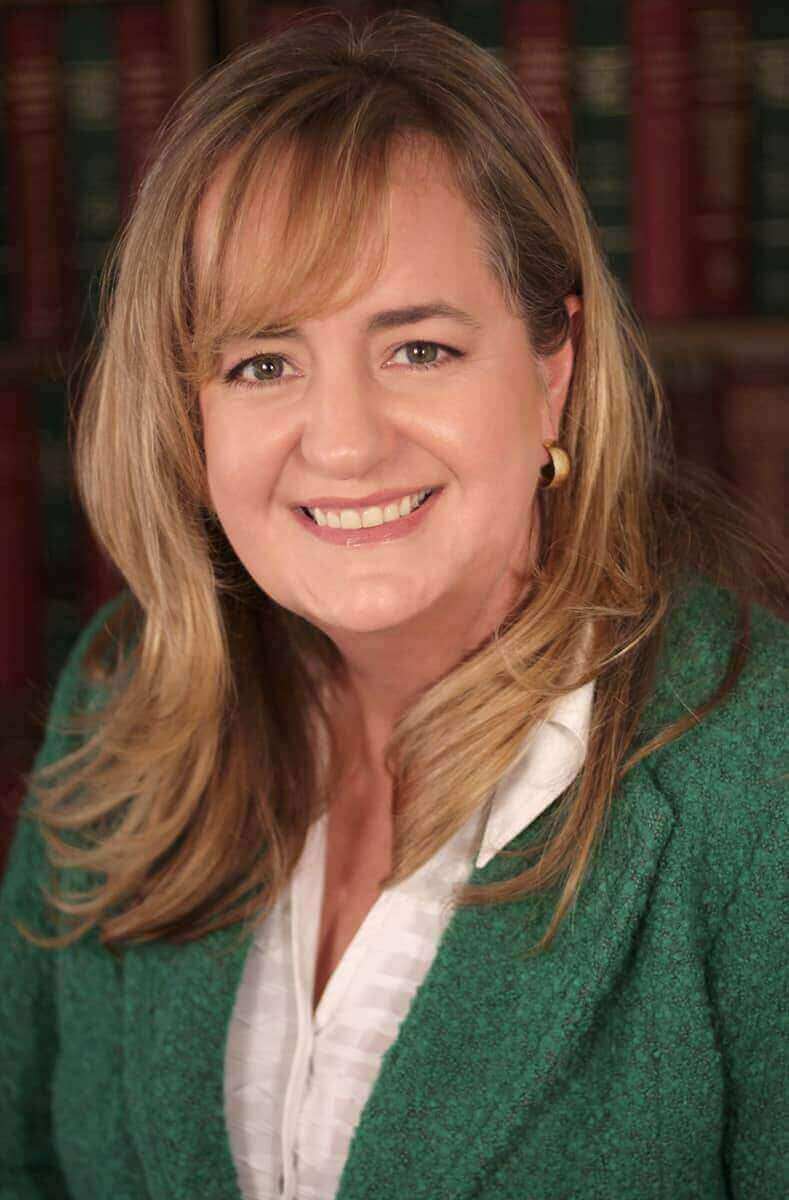Since interest rates have hit a low we thought we would never see again (last seen in 2016), many of my clients are asking me this. Actually, they ask if they* should refinance their mortgage, not whether I* am refinancing mine.
In the past, every time rates dropped, I lowered my rate/payment or took cash out. But WHEN is the time right.
On the free and clear properties I have, I am refinancing to free up the cash. But I would look at a higher rate as well.
When refi idea is bad: I assume you are talking about a principal residence since refinancing a rental property would depend on whether you plan to sell and do a 1031 exchange. Remember, in rental property 1031 exchanges, you have to carry the debt, and if you took cash out recently, that might be considered boot, which is taxable.
So my answer below is not taking into consideration the 1031 tax-deferred exchange rules.
My Rental dilemma: This is my particular problem with one of my assets in Florida that I bought as a C building with a 5.1% mortgage, turned it around to a B + building, and can now get 3.8% new mortgage. I have to consider payout the prepayment penalty that commercial loans have and whether I want to sell soon, which I might given the Dorian disturbance. Just to give you an idea of considerations of more than just interest rate reduction savings.
When I consider refinancing or advise my clients, I first look at a rate to rate, the same term to same term savings (apples to apples). For example, at a 4.5% mortgage that was a 30-year loan five years ago can now be a 3.25% 30 NEW starting all over a 30-year term. If the savings are $200 per month, and I spent $4000 in closing costs, then I recoup the expenditure in 20 months, which is not bad.
Rate of return: Another way to look at it is a $2400 savings divided by a $4000 investment is a 60% cash on cash return. I always suggest people look at it both ways. Of course, don’t forget that you are adding five years to the paying off of the mortgage.
No going backwards: So people who are sensitive to that, or have the goal of paying off the mortgage soonest, should look at the fact that if you keep paying the same amount as the mortgage payment you have now and use that $200 in monthly savings to pay down the mortgage you will pay the home off in 73 months sooner which is 6 years sooner gaining you a year.
WARNING: What if you are ten years into a 30-year loan – it may not pencil out to refi since the current payment’s principal, and interest breakdown would be the same as switching to 15 years. BEWARE of the “going backward”.
Most people refinance for the savings, though…
Then I look at the possible shortening of the term (30 to 20 or 30 to 15 years) so that maybe the rate drop and the paying off of the mortgage makes it worth it.
Easy does it math: As in the example above, you could take the current mortgage payment at 4.5% for 30 years and drop that down to 2.875% 15 year fixed (cheap money by any standards). If you have a current balance of $300,000 the current payment is $1520 at the 4.5% you can replace the current loan through the refinance for apples to apples $300,000 at 2.875% for 15 years is $2053.
That is a jump in payment, but the house is completely paid off in 15 years at almost free money cost of borrowing (with inflation at 2.2% depending on where you are in the country – Los Angeles is 3.3%)
Some people refinance to free up the cash that is stuck in the house’s equity to reinvest at a higher rate return. Or park the money for the next real estate downturn. I have done this several times through the years freeing up cash for reinvestment, which you can read on my other blog posts.
For example: if you owe $300,000 at 4.5%, your payment is 1520.06. If you take out a new loan at $400,000 at 3.25%, the payment is 1740 per month. $100,000 for $200 more per month! If you reinvest the money at 8%, you will be making $667 in income – $200 cost of dollars = $400 in extra cash flow.
One word on rental properties though: If you are planning to buy and hold, refinancing is the best tax-free money there is since you don’t pay taxes on refinancing cash-out loans (you pay later if you sell without a tax-deferred exchange). So, yes! Refinance to lower the payment for increased cash flow OR take out some cash to reinvest or BOTH! And grow your wealth exponentially –
I hope this helps!
About Athena Paquette
If you haver more questions about refinancing your mortgage, be sure to contact Athena Paquette directly. As a mortgage broker, Athena has consulted many clients over the years with mortgage and home advice.


